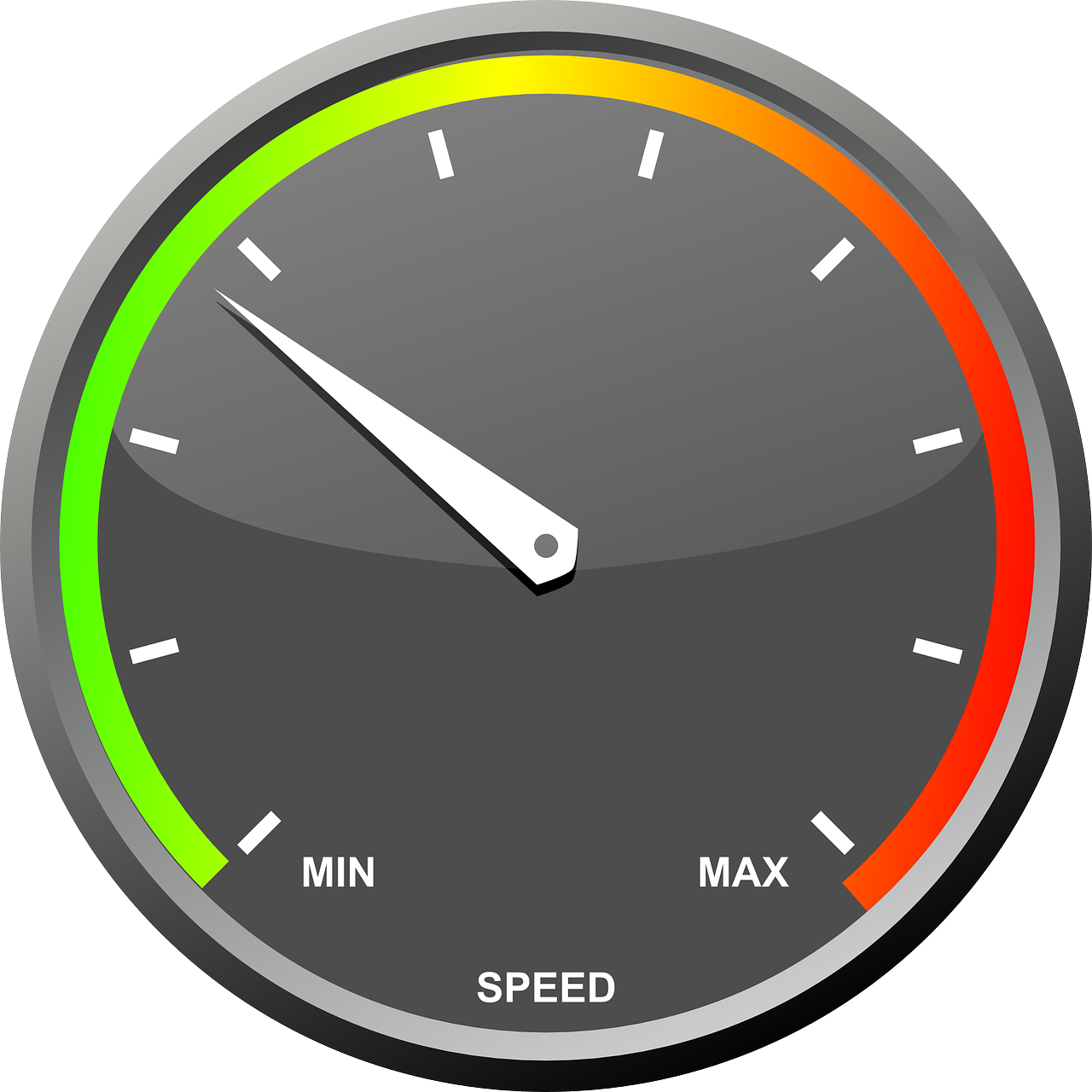Overview: A Major Change to Florida Traffic Laws
Starting July 1, 2025, Florida officially enacted a new law aimed at curbing extreme speeding. The law targets motorists who either drive 50 miles per hour over the posted speed limit or reach speeds of 100 mph or more. Unlike previous penalties that treated such behavior as civil traffic violations, this new measure now classifies extreme speeding as a criminal offense with potential jail time, increased fines, and driver’s license suspensions.
The legislation reflects growing concerns over the deadly consequences of reckless driving and is designed to serve as a strong deterrent against high-speed behavior on Florida roads and highways.
Key Provisions of the New Law
Florida’s new excessive speeding statute introduces a tiered structure of penalties designed to escalate with repeat offenses. Here’s a breakdown of what drivers can now expect:
Speeding Thresholds
- Driving at 100 mph or more, regardless of the posted speed limit.
- Driving 50 mph or more over the posted limit, such as going 105 mph in a 55 mph zone.
Either of these actions will now trigger criminal charges, not just a citation.
Penalties by Offense
- First Offense
- Up to 30 days in jail
- A fine of up to $500
- Mandatory court appearance
- Second Offense (within 5 years)
- Up to 90 days in jail
- A fine of up to $1,000
- Mandatory court appearance
- Third Offense (within 5 years)
- All penalties above, plus
- Driver’s license suspension for 180 days to one year
Judges are given discretion based on the severity of the case, meaning outcomes may vary depending on whether there was an accident, previous offenses, or other aggravating circumstances.
Why Florida Took Action: The Alarming Statistics
Florida’s decision to implement this law stems from a troubling rise in speed-related accidents. In recent years, state officials have noted thousands of crashes directly tied to excessive speed. In just one recent year:
- Over 16,000 crashes in the state were linked to speeding.
- More than 150 fatalities were recorded due to high-speed collisions.
- Hundreds more involved serious, life-altering injuries.
These numbers reflect a persistent threat to public safety and a pattern of behavior that many lawmakers believe could not be curbed through fines alone.
Particularly concerning is the number of drivers operating vehicles at 100 mph or faster. These speeds drastically reduce reaction time, increase stopping distance, and significantly raise the likelihood that a crash will result in death or catastrophic injury.
Enforcement Strategy: How Florida Plans to Enforce the Law
With the law now in effect, Florida’s law enforcement agencies have rolled out updated protocols to identify and apprehend excessive speeders. Key enforcement measures include:
- Laser Speed Detection
Officers, particularly during overnight shifts, are using laser-based technology to catch high-speed drivers from greater distances. - Highway Patrol Targeting Known Hotspots
Certain stretches of interstates and highways—particularly those with flat terrain and long visibility—are being patrolled more heavily. - Focus on Nighttime Drivers
A significant portion of extreme speeding incidents occurs during late-night or early-morning hours when traffic is lighter and some drivers feel emboldened to push limits.
Officers encountering violators are required to arrest the individual or issue a criminal citation, meaning the offender cannot simply pay a fine and move on. A court appearance is mandatory.
How This Law Affects Drivers
For Florida residents and visitors alike, this law raises the stakes when it comes to obeying speed limits. Here’s how drivers should interpret and respond to the change:
- Be Aware of Speed Thresholds
Even if the road is clear, traveling at or above 100 mph can now trigger a criminal record. - Know That Warnings Are Over
Law enforcement no longer has discretion to treat these violations lightly. If you meet the criteria, legal action is automatic. - Repeat Offenses Can Ruin Your Driving Record
Multiple offenses not only increase fines and jail time but also affect insurance rates and employment eligibility in fields where driving is required. - Legal Representation May Be Needed
Since these are criminal charges, many offenders will need legal counsel to navigate the judicial process.
Supporters and Critics Weigh In
The law has drawn both praise and criticism from different sectors of the community:
Supporters Argue It Saves Lives
Advocates of the new law, including law enforcement agencies and highway safety organizations, argue that strong deterrents are necessary to stop a small group of drivers from endangering everyone else.
Many point to fatal crashes involving speeds over 100 mph, noting that at those velocities, the difference between life and death can come down to inches and milliseconds.
They argue that by raising the legal stakes, the law could reduce these fatal incidents and ultimately save lives.
Critics Question Its Effectiveness
On the other hand, some civil liberties and criminal justice reform advocates question whether stiffer penalties will actually reduce speeding. They argue that drivers who engage in such dangerous behavior are not thinking about consequences and may not be deterred by the possibility of jail.
There is also concern that such laws could disproportionately affect younger drivers or low-income individuals who cannot afford high legal costs or risk losing their license.
Comparison to Other States
Florida joins a growing number of states introducing tougher penalties for high-speed driving. For example:
- Georgia has a “Super Speeder” law, which adds extra fines for those exceeding 75 mph on two-lane roads or 85 mph on other roads.
- California and Texas allow for reckless driving charges when drivers hit excessive speeds, particularly in school zones or construction areas.
- Some states are even exploring speed-limiting technology for repeat offenders or fleet vehicles.
Florida’s law is unique in that it combines both a speed threshold (100 mph) and a relative overage (50 mph over limit), making it one of the more aggressive state-level responses to dangerous driving behavior.
What Drivers Should Do Now
To avoid facing criminal charges under the new law, Florida drivers should adopt a more proactive and cautious approach behind the wheel. Here are a few tips:
- Regularly Check Your Speedometer
Especially on long stretches of highway, it’s easy to lose track of your speed. - Use Cruise Control When Possible
This can help maintain a consistent speed and avoid accidental acceleration. - Avoid Late-Night Speeding
Fewer cars on the road doesn’t mean less risk—it’s often when the most fatal accidents occur. - Leave Early and Plan Routes
Time pressure is a major cause of speeding. Planning ahead reduces the need to rush. - Encourage Responsible Driving in Others
Whether you’re a parent, a friend, or a rideshare customer, don’t hesitate to speak up about speeding.
Final Thoughts: A Law Rooted in Public Safety
Florida’s new excessive speeding law marks a significant change in how the state addresses one of the most dangerous behaviors on the road. By elevating extreme speed violations from civil citations to criminal offenses, lawmakers hope to send a clear message: reckless driving is not just risky—it’s now a crime.
Time will tell whether this approach reduces fatalities and injuries, but for now, drivers across the state should understand that pushing the speed limit to extremes no longer carries just a financial penalty—it carries lasting legal consequences as well.
Key Summary: Florida’s Extreme Speeding Law
| Category | Detail |
| Effective Date | July 1, 2025 |
| Trigger Speeds | 50+ mph over limit or 100+ mph total |
| First Offense | Up to 30 days in jail, $500 fine |
| Second Offense | Up to 90 days in jail, $1,000 fine |
| Third Offense | Jail, fines, and 180-day to 1-year license suspension |
| Court Appearance | Mandatory for all offenses |
| Enforcement Focus | Highways, night patrols, laser detection |
As Florida drivers adjust to this new reality, one thing is clear: the era of casual extreme speeding is over.

